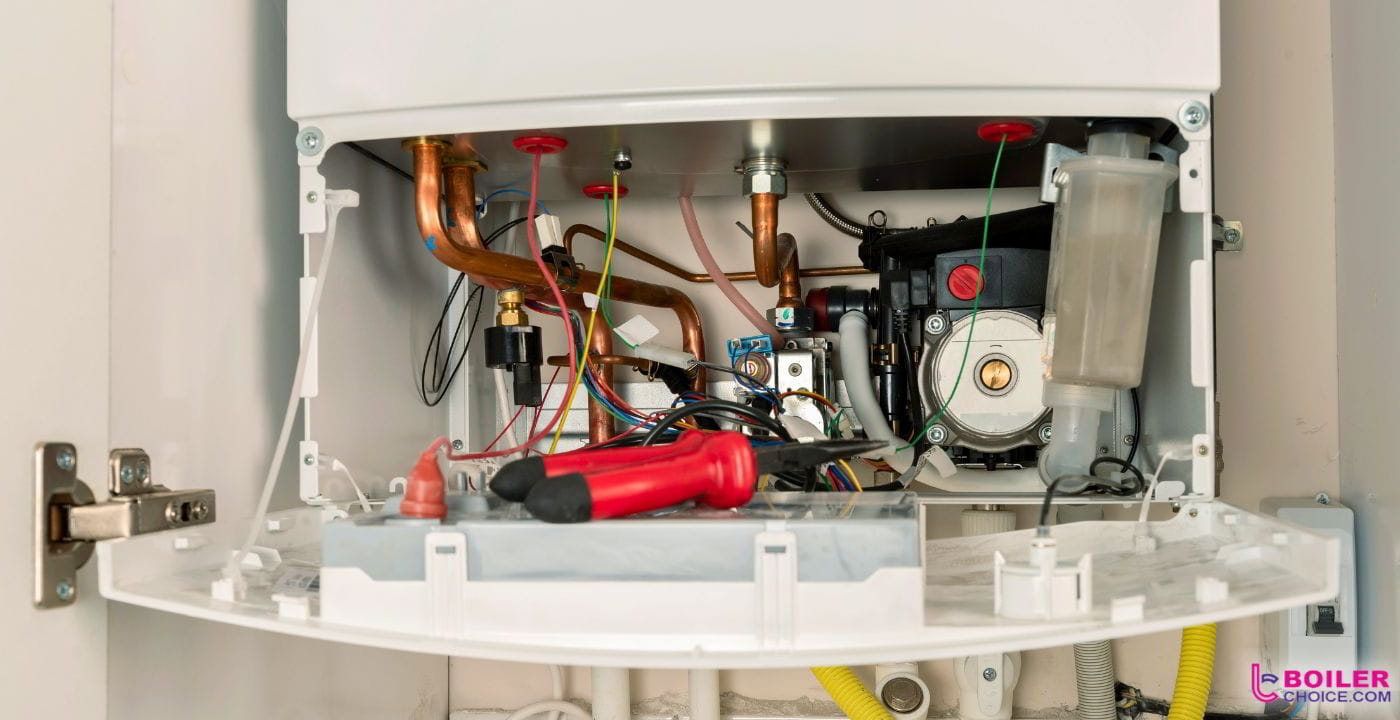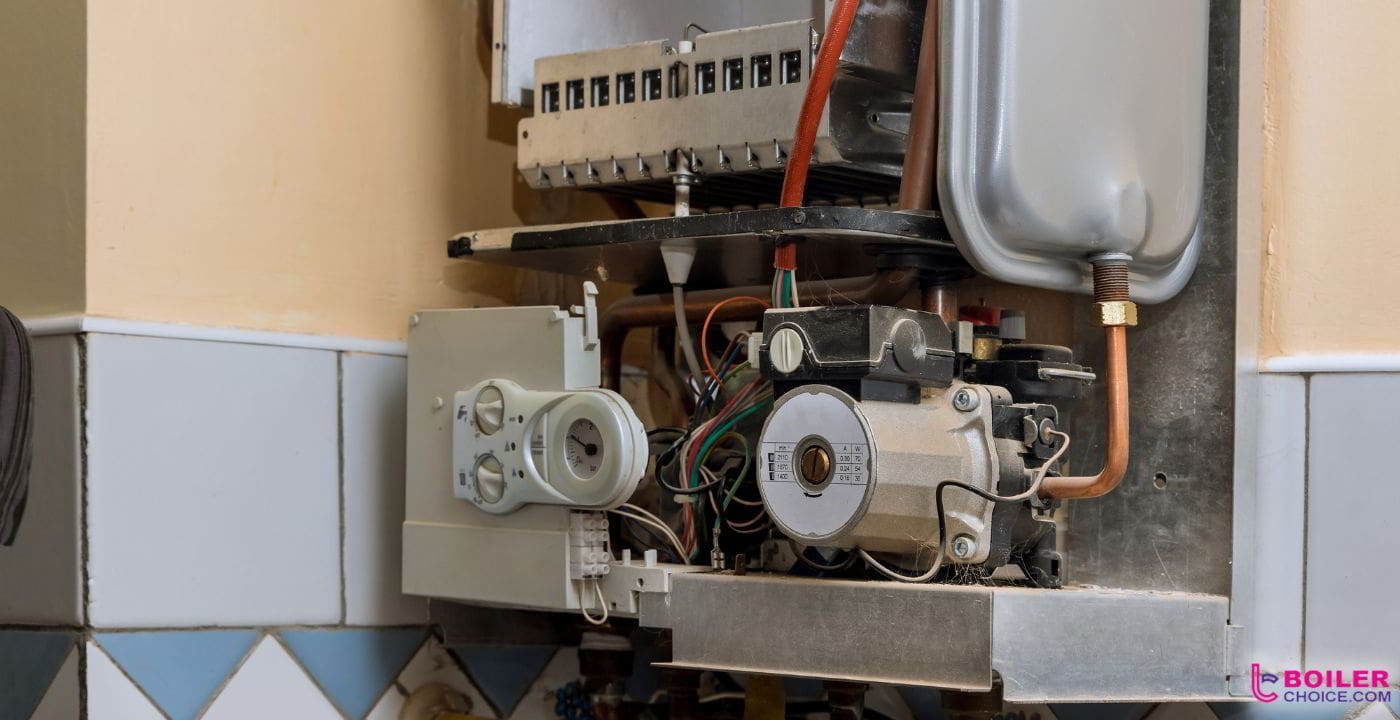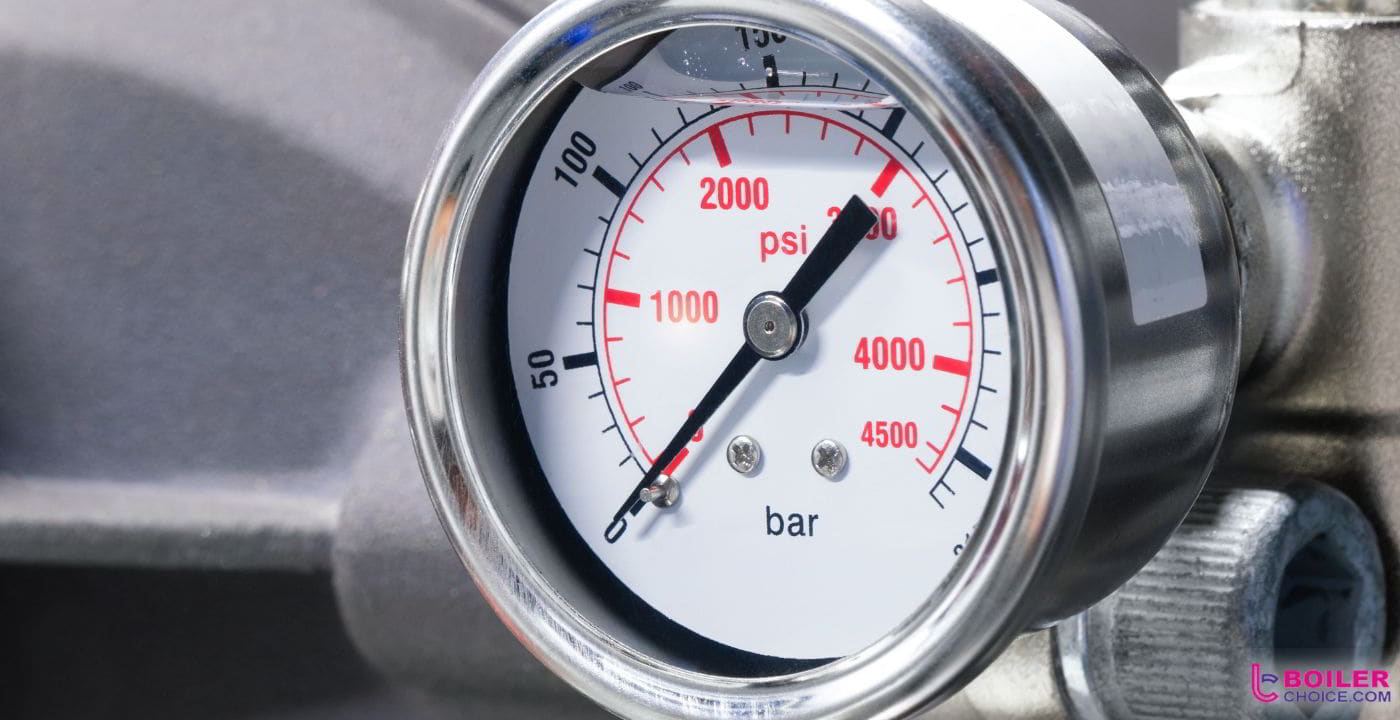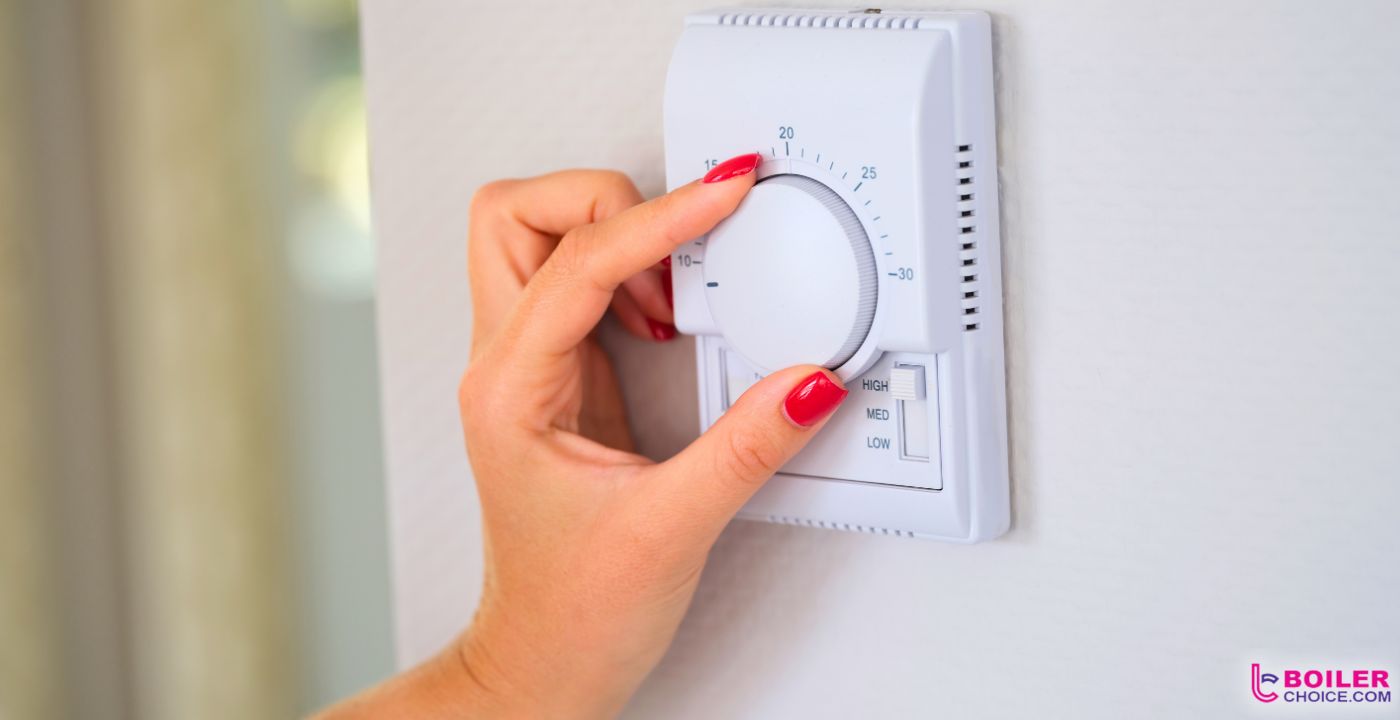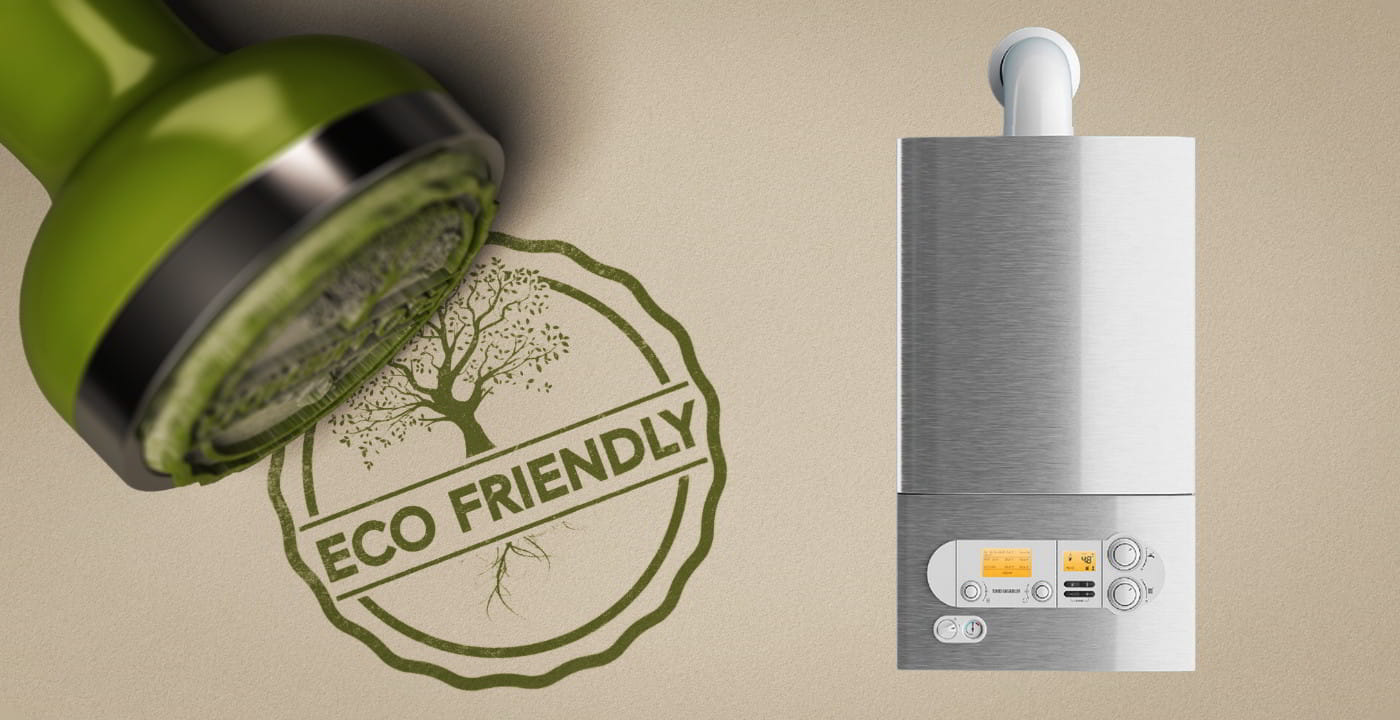
The UK Government targets to achieve net-zero carbon emissions by the year 2050. Part of this plan involves replacing Gas Operated Boilers with more Eco-Friendly Boilers by the year 2023 since a third of UK greenhouse gases stem from homes. To be more specific, 16% of carbon emissions come from Gas and Oil boilers used to heat our homes hence the urgency to find better home heating technology such as Eco-Friendly Boilers.
What are eco boilers?
These are boilers that still provide central heating and warm water we need but at the same time protect the environment through little to no emissions in both the manufacturing process and the operating process. Most Eco-friendly boilers capitalize on high efficiency ensuring you get adequate heat with minimal heat loss meaning that you can save on costs while protecting the environment.
Energy efficiency and low running costs
Boilers with a high heat loss rate tend to overcompensate by running longer or working harder to provide you with heat. This results in more carbon emissions, therefore, an Eco-Friendly boiler while costing you a few hundred to purchase comes with the advantage of high efficiency and you get your ‘return on investment’ through reduced energy bills in the long run or increased resale value for your home.
Cleaner energy release
Other than energy efficiency, eco-friendly boilers are also characterized by the energy that goes into the environment. Most boilers release greenhouse gases such as Carbon Dioxide or Nitrogen Oxide (NO or NO2). Boilers are therefore rated by how much C02 or Nitrogen Oxides they release in the process of heating your water and keeping the house warm. If the rating is low, then the boiler is considered greener than a boiler with a higher rating.
Eco boilers run on renewable energy
Eco-friendly boilers also run on renewable energy and not fossil fuels (non-renewable energy). Renewable energy sources are those that can be replenished fairly quickly or do not run out at all. A good example of a renewable energy source is trees. Non-renewable energy sources take a long time to form and once utilized, it is very difficult if not impossible to renew these sources. Non-renewable energy sources are mostly fossil fuels such as coal and gas.
Carbon neutrality
Lastly, Eco-friendly boilers utilize sources that promote carbon neutrality. Think of this as a “carbon balance” where the carbon from the source is equal to the carbon being emitted from the boiler. To put it into context, boilers that utilize wood pellets can be considered carbon-neutral since the carbon absorbed during the formation of wood is the same that is released by the boiler.
The UK Law’s Stance on Eco-Friendly Boilers
While Gas Boilers and Oil Boilers are being phased out, there are some boilers that are even less environmentally friendly than the modern options we have today. Non-Condensing boilers for instance waste up to 30-50% of fuel used resulting in High-Carbon Emissions, not to mention the increased heating bills.
Under UK law, non-condensing boilers are largely prohibited which means all boilers must use condensing technology and achieve a minimum efficiency of 92% according to the Boiler Plus Legislation of 2018. On top of that, boiler installations ought to include operational time and temperature controls. Condensing boilers must also have additional energy-saving features such as:
- A Passive Flue Gas Heat Recovery Device (PFGHRD)
- Smart Controls such as a smart thermostat or a smart radiator valve
- Weather Compensation
- Load Compensation
Most of these features improve the eco-friendliness of a boiler by regulating the boiler’s heating patterns. This results in fewer emissions since the boiler is not running when it is not needed.
Passive Flue Gas Heat Recovery Device (PFGHRD)
These systems are essentially designed to recycle a non-renewable source. When a boiler is running, combustion of gases is taking place therefore Flue Gas Heat Recovery Devices are designed to capture the heat within the flue gas that would otherwise go to waste. The heat is then used to preheat the water going into the boiler thus the energy required to heat up cold water is minimized.
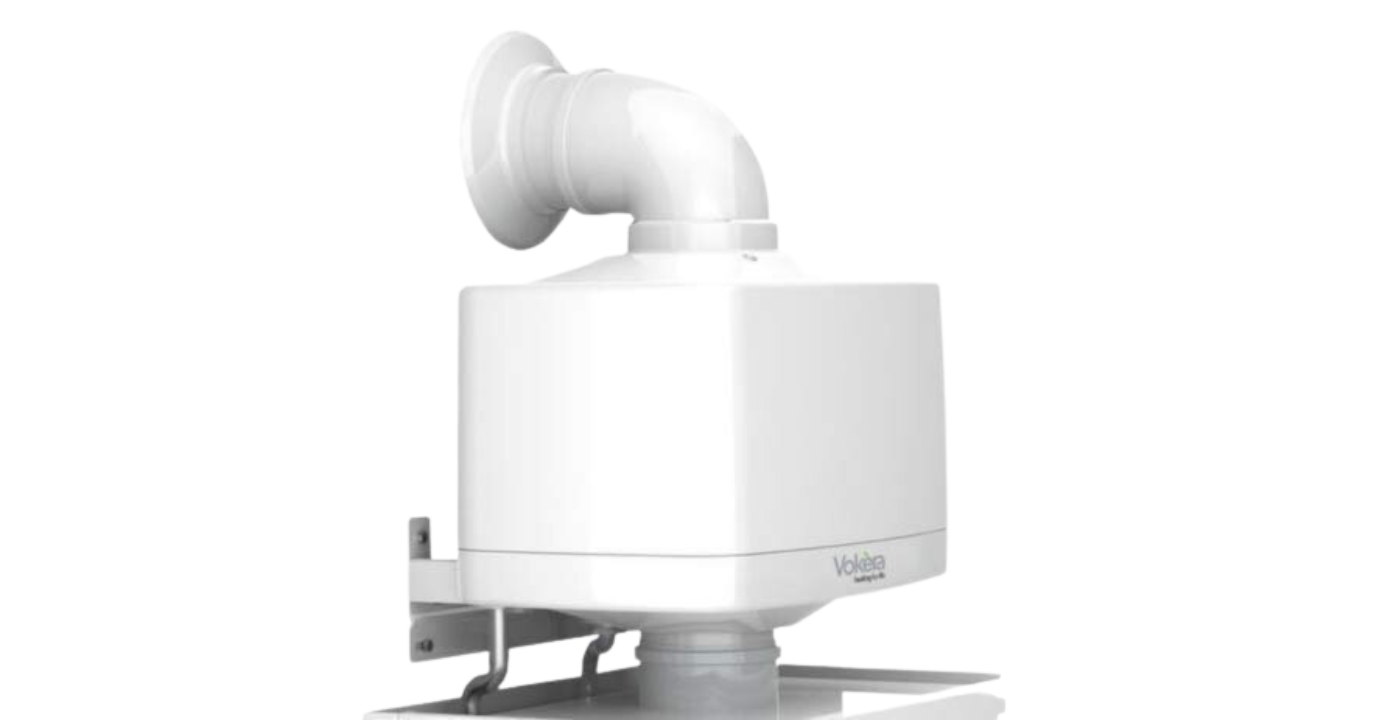
Nearly all condensing boilers come with a form of Heat Recovery System but installing a PFGHR Device improves even the most efficient boilers. Potentially, 7% less gas is used to deliver the same amount of heat your boiler provides. Homeowners in the UK with older generation boilers have reported gas savings of up to 50% from installing a PFGHR Device and owners with Combination (Combi) boilers have reported gas savings of up to 30%.
Weather Compensation and Load Compensation
These are control features that improve the efficiency of your heating system. The boiler operation is adjusted accordingly based on the internal and external temperatures which help reduce fluctuations in the boiler’s operation. A typical weather compensation system comes with air sensors (indoor and outdoor), thermostats, a controller and a mixing valve. If for instance the temperatures outside drops, the outdoor air sensors communicate with the indoor air sensors and the control operates the boiler to release more heat.
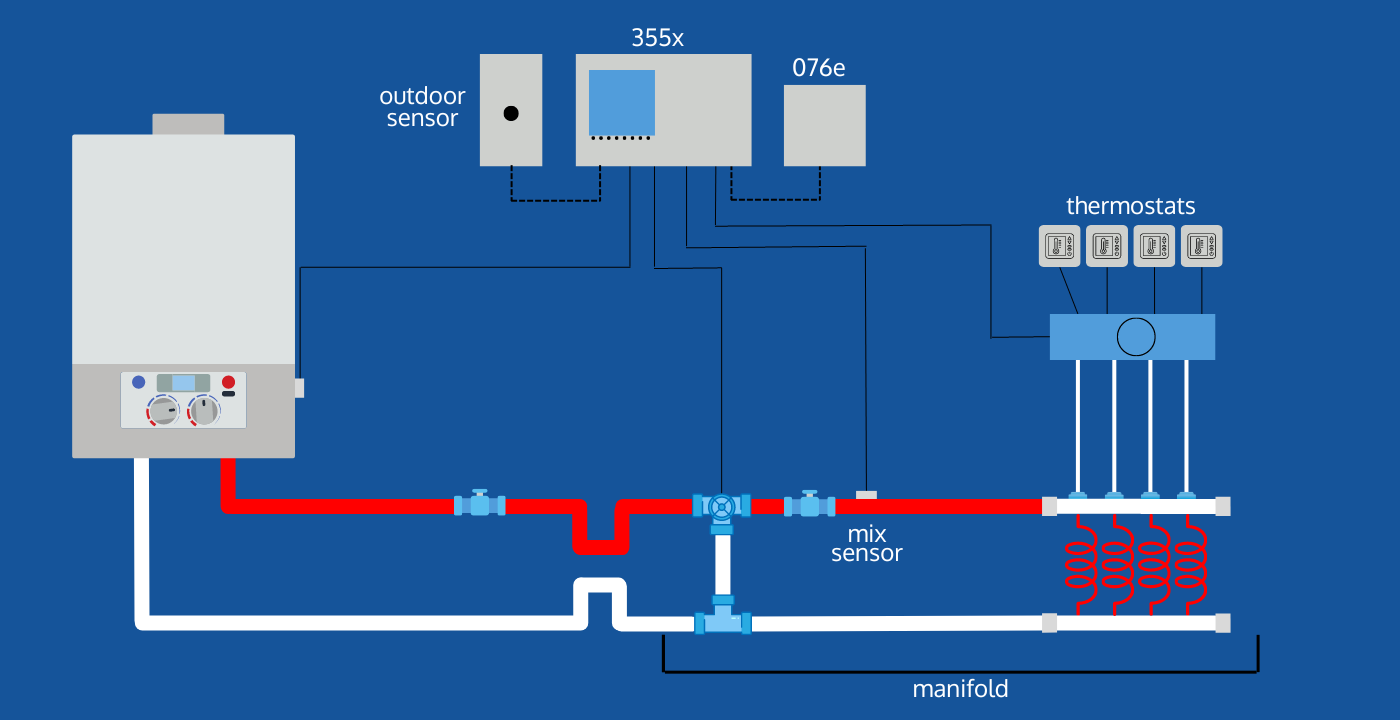
Similarly, a load compensation unit detects room temperature but this operation is more indoor focussed. If a room in your home is cold, the sensors pick this up and the temperature going to your radiators increases. If the room is warm, the temperature going to your radiators decreases.
Smart Thermostats
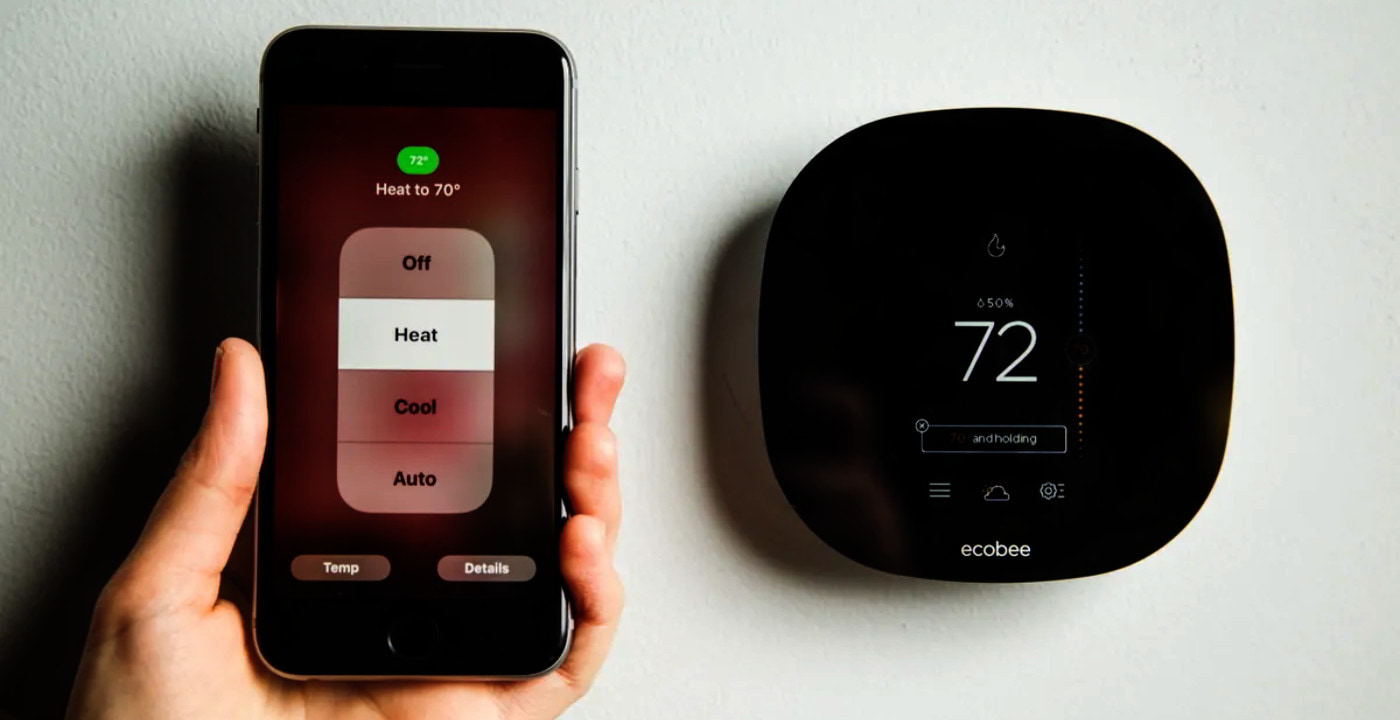
Smart Thermostats are connected to Bluetooth or WiFi enabling you to control your central heating remotely through an app. Some smart thermostats are operated in real-time while others can be programmed such that your boiler is scheduled to turn on at certain hours and turn off when it is not needed. Other thermostats are highly advanced with GPS technology and Motion Detectors which enable them to turn up the heat in a room that is occupied. Ideally, smart thermostats have eliminated the burden of having your central heating running unnecessarily.
Examples of Eco- Friendly Boilers with prices
Biomass Boilers
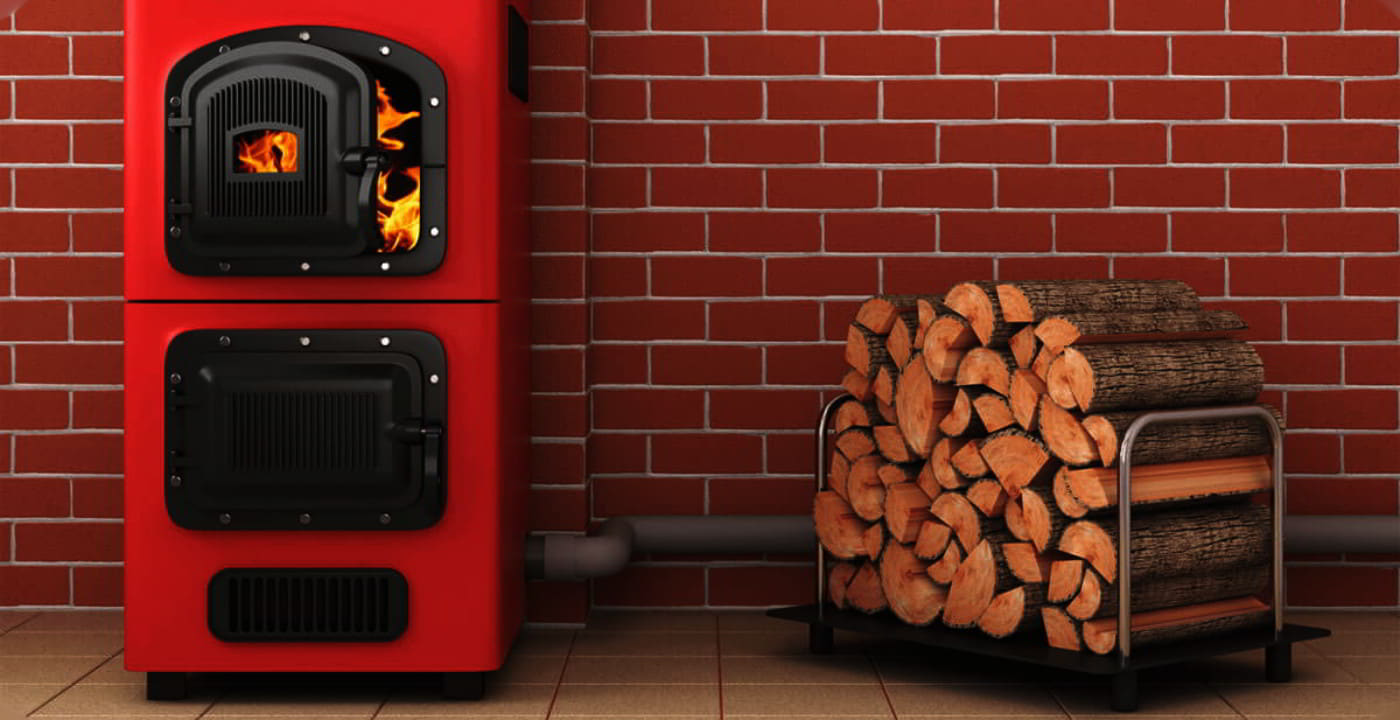
Biomass Boilers utilize wood pellets or wood chips to function. These boilers are considered carbon-neutral since the burned wood emits just as much carbon as was absorbed while the tree was growing. These boilers can be a bit expensive and require you to manually feed the fuel but usage of such a boiler can get you qualified for the Domestic Renewable Heat Incentive.
One of the Biomass Boilers you can stock today is a Grant Spira 36kW. This model has an ERP efficiency of 93.1% and prices start from £9496. Another Biomass Boiler is the Windhager FireWin Klassik which starts from £9025. The boiler is a 12kW with an ERP efficiency of 94%
Electric Boilers
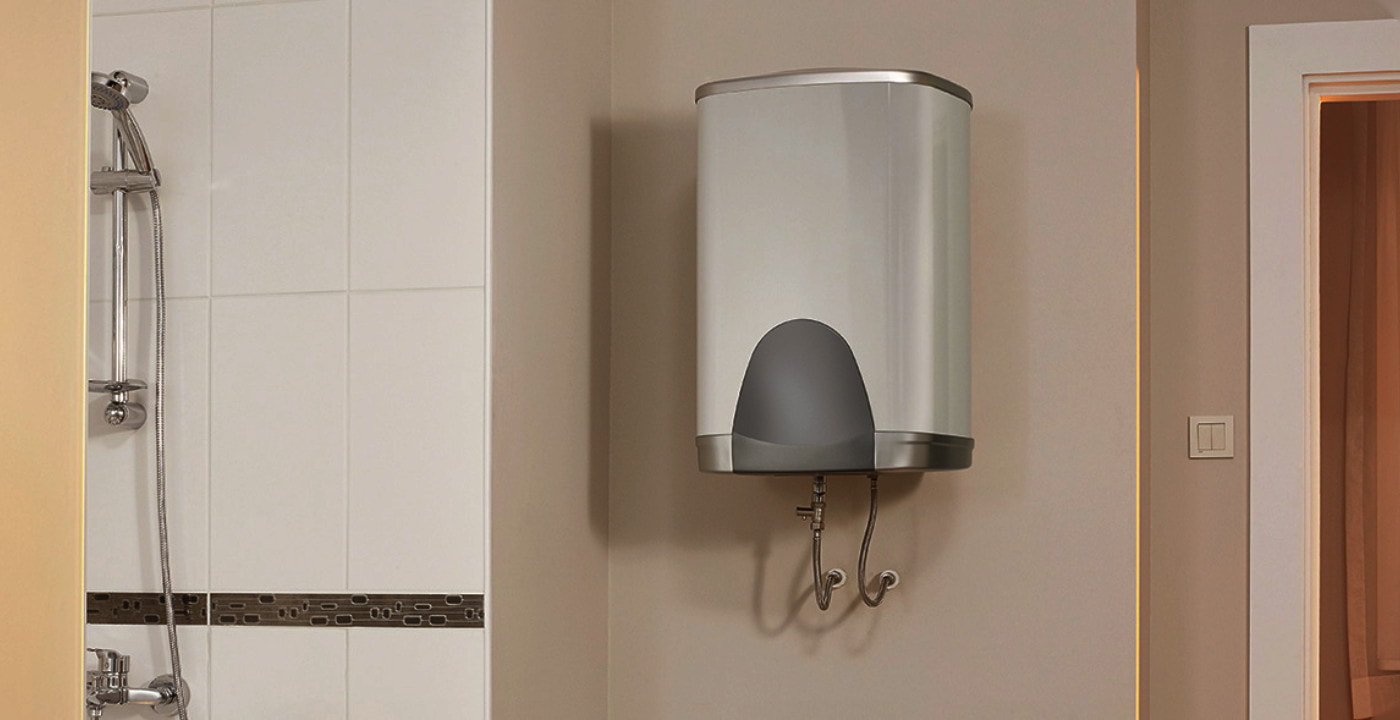
According to Dr Mathew Heal from Edinburg University, homeowners should be wary of biomass boilers as they still contribute to pollution to some extent. He recommends electric boilers since electricity is becoming cleaner especially in the advent of solar or wind-generated electricity. These boilers function similarly to a combi gas boiler but utilize a pre-existing electricity source.
The EHC Fusion Comet is an example of an electric boiler with negligible Nitrogen Oxide emitted. This 14kWh has an efficiency of nearly 100% and prices start from £1141. Another electric model is the Advance Appliances eGlow which is a 6kwh boiler also with negligible Nitrogen Oxide emissions. The boiler has an ERP efficiency of 100% and prices start from £802.
Combi Boilers
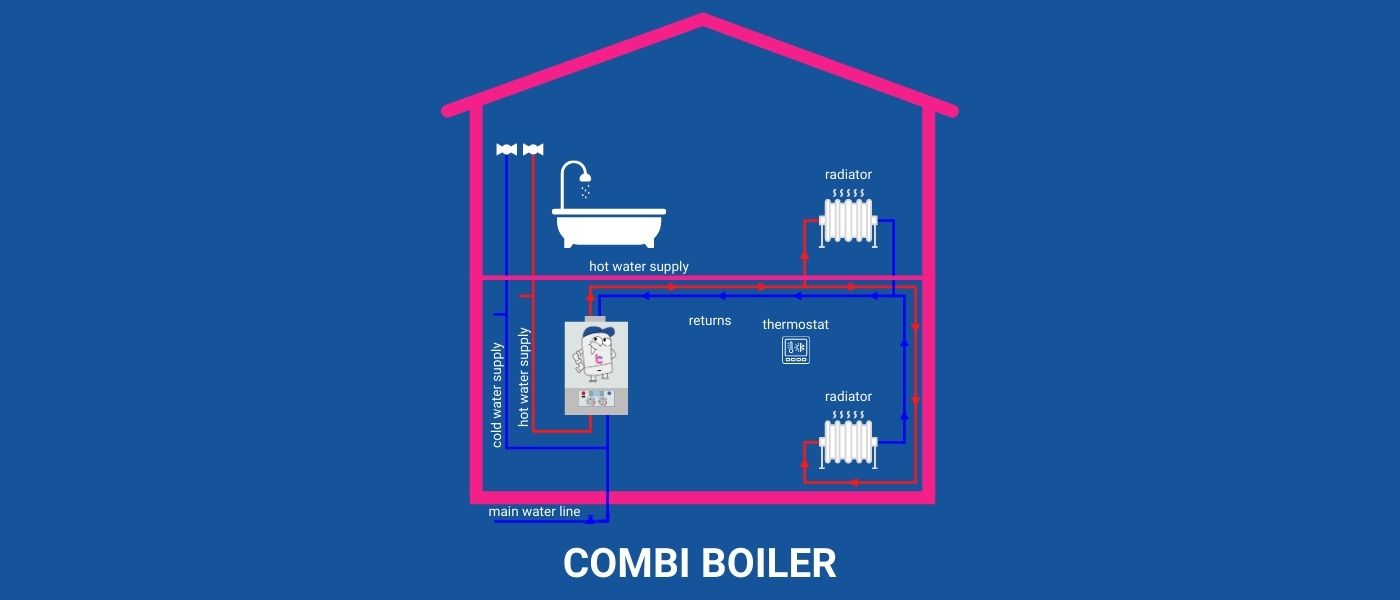
While Combi boilers still use fossil fuels such as gas, there are some manufacturers who have made their models to be as eco-friendly as possible and they remain the most common type of boiler replacement in the UK. The Ideal Logic + Combi 24 for instance is a 24kw boiler with 28 mg per kWh of Nitrogen Oxide emitted. The boiler has an ERP rating of 98% and prices start from £1028. This is a boiler which we can install at Boiler choice.
For larger properties, the Ideal Logic+ Combi 30 is a good option with less than 25 mg per kWh of Nitrogen Oxide emitted. The boiler has an ERP Rating of 94% and prices start from £1027.
Conventional Boilers
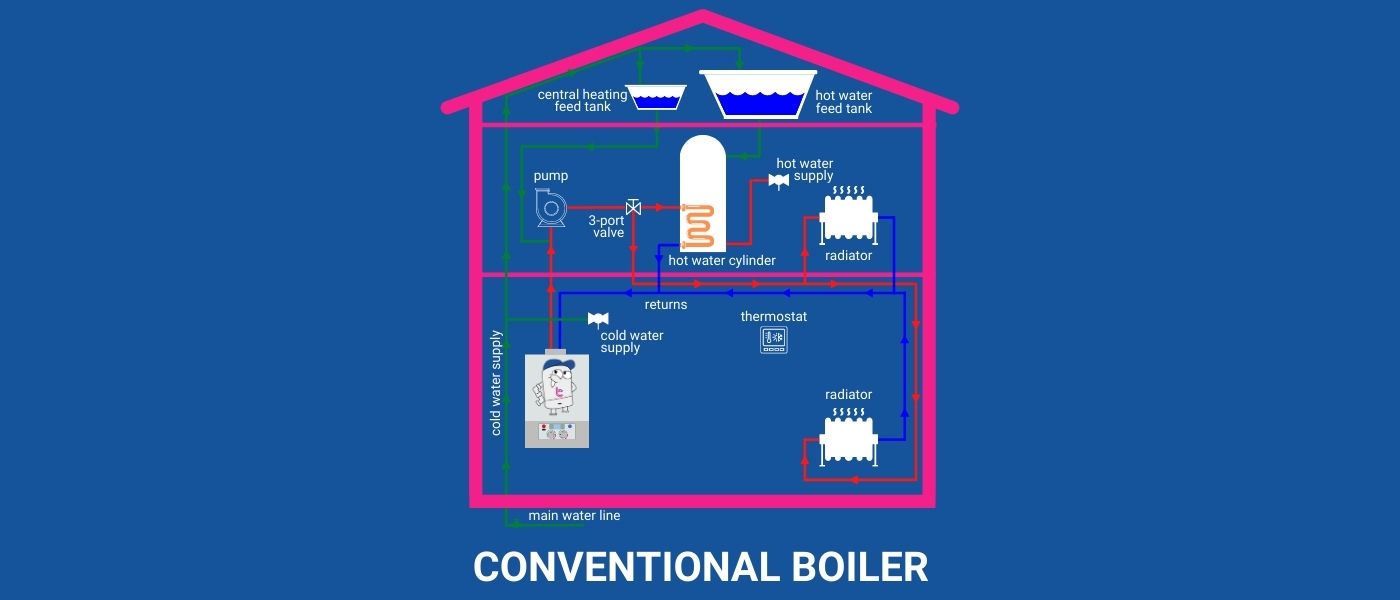
If you have a really large house with multiple bathrooms, the Vaillant ecoTec plus 435 is a good eco-friendly boiler with emissions of 32 mg per kWh of Nitrogen Oxide. This lightweight boiler has an ERP Rating of 94% and prices start at £1592. If you would like to go even greener, then the Ideal Mexico HE36 is your best bet even though it is at least £1000 more expensive.

Eddie Scoffin
Boiler Choice Director & Founder
This blog was written in collaboration with Eddie Scoffin, the founder of Boiler Choice. Eddie has been installing boilers for over a decade. With a passion for excellence and customer satisfaction, Eddie’s leadership and expertise have been instrumental in the success of Boiler Choice. His commitment to making the boiler installation process hassle-free for customers has earned him a respected reputation in the industry.
Updated on May 16, 2023

